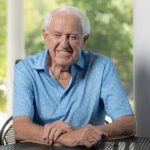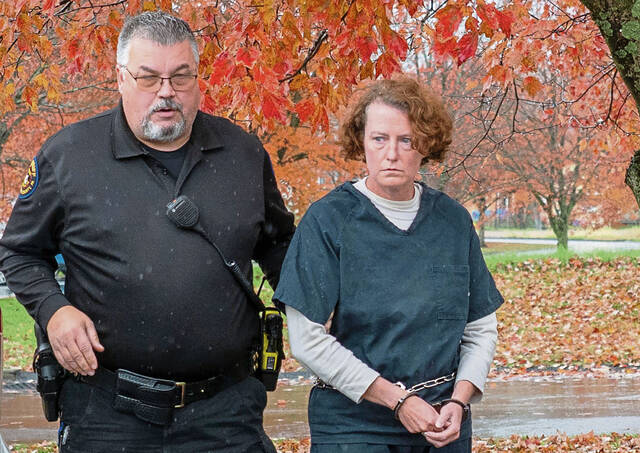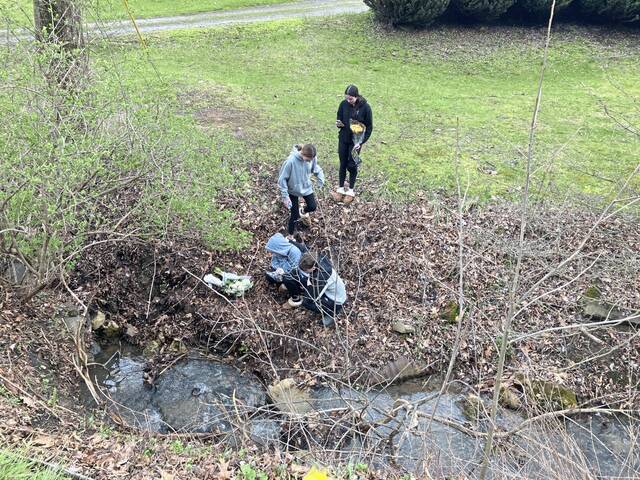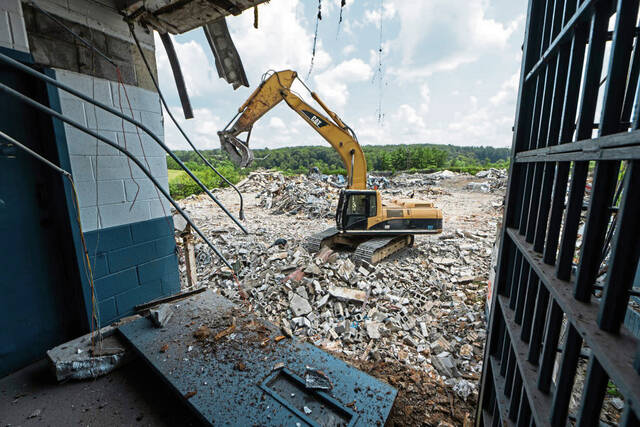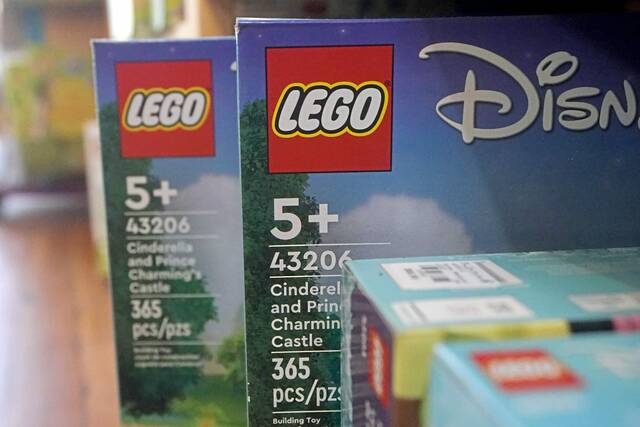The pain in Orland Bethel’s lower back and hips became excruciating.
In 2014, he was diagnosed with spinal stenosis — a narrowing and squeezing of the nerves and spinal cord.
The 87-year-old Greensburg resident consulted with six orthopaedic surgeons. They told him they would need to “cut a chunk of vertebrae out to put rods and mesh in,” Bethel said.
Eventually, he sought treatment from Dr. Joon Lee of the University of Pittsburgh Department of Orthopaedic Surgery and UPMC.
After several surgeries to address spinal stenosis and scoliosis, Bethel has his mobility, and even is playing golf.
“It might seem like an exaggeration, but I felt that he really saved my life,” Bethel said.
Lee didn’t initially realize that his patient was also the CEO of Gettysburg-based Hillandale Farms, which describes itself as one of the nation’s leading supplier of shell eggs to retailers and distributors. Hillandale has a corporate office in Hempfield, distribution center in Plum and operations across Pennsylvania, Ohio and Connecticut.
The Orland Bethel Family Foundation is donating $25 million, which will be matched by the University of Pittsburgh, to expand the university’s study of musculoskeletal disorders including osteoporosis, degenerative arthritis, fragility fractures and spinal pathology.
The $50 million total will create the Orland Bethel Family Musculoskeletal Research Center.
It is intended to attract and retain scientists as well as to advance research, making musculoskeletal medicine a major focus alongside cancer and neuroscience at the University of Pittsburgh School of Medicine and the other five schools of the health sciences.
Half of the gift will be used to create an endowment.
“We wanted to set up something that would be going on in perpetuity,” Lee said.
One aspect that Lee is most excited about is education — introducing early medical students and undergraduates to research.
“The younger you introduce someone to research, the more likely they’ll stay in it,” Lee said.
The center is expected to open next year.
It is expected to examine areas such as molecular, genetic and biological mechanisms in spine-related diseases; the influence of gender and age on disease and recovery from musculoskeletal disorders; developing therapies for osteoarthritis; using stem cells to repair and recover from peripheral nerve injuries; and applying machine learning algorithms for orthopaedic issues.
Lee said he was inspired by the Howard Hughes Medical Institute in Chevy Chase, Md., in envisioning the center. Founded in 1953, the biomedical research organization and philanthropy supports researchers, educators, students and professionals.
This isn’t Bethel’s first donation. The foundation also created the Orland Bethel Chair in Spine Surgery, which is held by Lee.
“This investment will have both immediate and generational impact. With the help of Mr. Bethel and his family, we can work to immediately change how we approach the big questions, improve cross-campus collaboration and allow creativity to solve musculoskeletal problems ‘outside the box,’ ” Lee said.
When Lee began treating Bethel, the doctor offered an alternative to removing part of the vertebrae. Lee believed there was a 10% to 15% chance he would be able to do a less-invasive procedure. But, Bethel had to give his consent to continue with the original operation if Lee found that it was necessary once in surgery.
“When you’re in extreme pain and you’ve got real problems, you put your hands in somebody else’s,” Bethel said. “I understood the risk factor that I put on myself there. But I knew something has to be done. You got to go to an expert, and I found an expert.”




